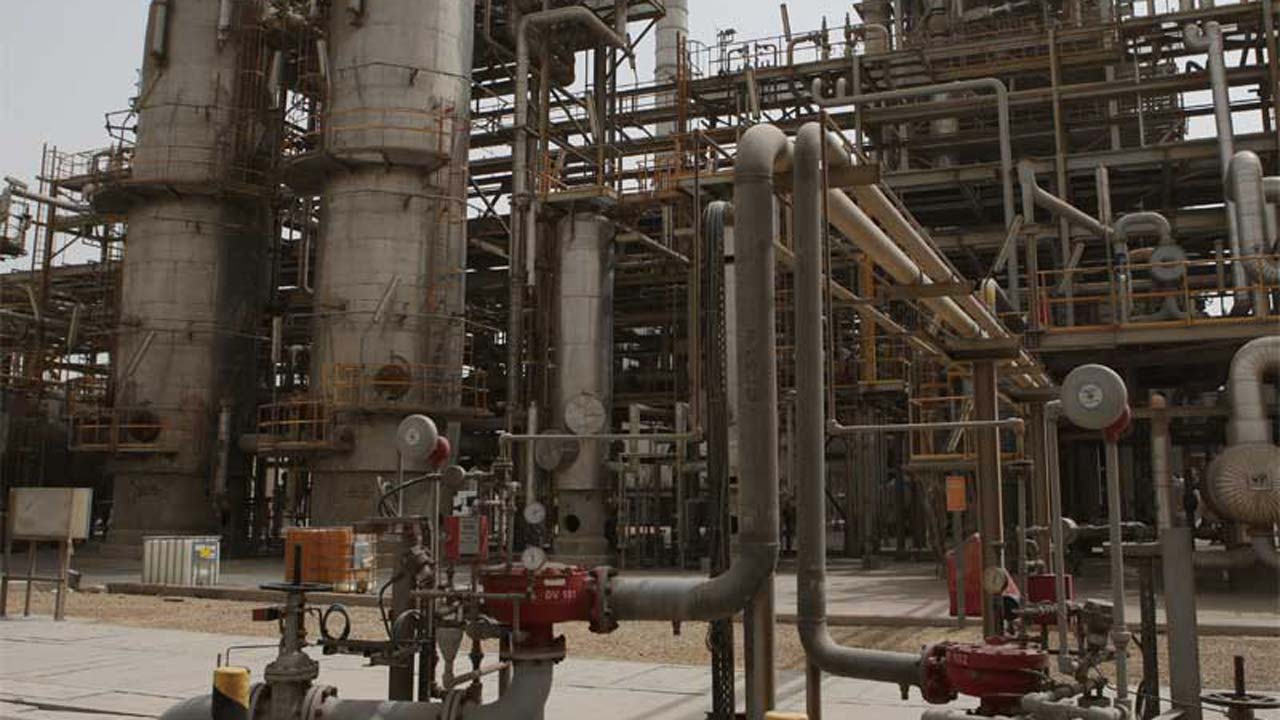
The initiative, expected to be flagged off in the first quarter of this year, would provide accurate data that would enable necessary planning, address the problem of product hoarding and sharp practices by marketers. It will also create a seamless operation for stakeholders in the supply chain of petroleum products, General Manager, Corporate Services, PEF, Dr. Goddy Nnadi, told The Guardian in Abuja yesterday.
The organisation, charged with the primary responsibility of reimbursing petroleum marketing companies for any losses suffered solely and exclusive, as a result of sale of petroleum products at uniform prices throughout the nation, said the need to overhaul operations and open up digital solutions remained a priority.
Nnadi said the initiative would be the hallmark of what PEF intends to do, because it would give accurate information on the movement of petroleum products across the nation.
He noted that the plan would ensure free human interference, as the system would ensure proper monitoring, reception of products, loading, delivery and sale.
He said: “It will check hoarding. It will give you accurate data on the availability of products right from the tank farms; we will have the statistics we need for planning. People keep asking how many litres of petrol we use daily. We have all kinds of figures, but with this we can give you one figure that nobody can dispute.
“We are at the final stage of monitoring the availability and transportation of petroleum products either from the refineries, or the imported products in tank farms, from the source down to the outlets. We were monitoring depot to depot but with the new innovation, we will do the either coverage down to the outlets.
“We will be able to tell the country what level of fuel every filling station has. We would monitor products that go into the tanks of the outlets. That would stop hoarding because if you tell us you don’t have fuel, from our system we will know if you have or not and even give you the exact quantity.”
Nnadi expressed the hope that the programme would commence in the first quarter provided necessary approvals are secured.
“We have started the pilot programme. By the time that is done, the Executive Secretary would do a demonstration to the Minister, and once there is a go ahead it would be taken to the Federal Executive Council.
He said the agency has gotten approval from the Nigerian Institute of Information Technology (NIIT) as well as collaboration that would ensure that everything was done right.
“We have also gotten clearance from the Bureau of Public Procurement. When necessary approvals are secured, we will implement it nationwide. Possibly in the first quarter, we will start the implementation,” he stated.
He said the firm would not pay marketers, who sell above pump price, adding that the group is working with the Department of Petroleum Resources, to strictly monitor and punish errant marketers.
Nnadi said: “If you are selling above the pump price, you won’t get reimburse. The essence of equalisation is for government to take care of that transportation to make sure that the marketer does not transfer it to the cost of the product.
“Our inspection unit is moving around to make sure that people sell at government approved prices, and anybody who does will be sanctioned. We will cancel the transaction that the person has undertaken, and impose a penalty, which the person must pay and we suspend the person immediately.”
He added that PEF is currently fast-tracking the dispatch of products across depots, and have increased working hours to 24 to ease the fuel crisis in the country.
[ad unit=2]
PEF plans solutions to downstream challenges

Petroleum Equalisation Fund (PEF)
Petroleum Equalisation Fund (PEF)


